Insights

Interview Tips for Business Support Jobs
Behind every successful property company, there are people working in back office support functions that are vital to the smooth running and overall efficiency of the business. If you’re looking for a job in property business support, here are CPR’s top tips for making sure you ace your interview.
Types of Business Support jobs
There are a wide variety of property administration roles, including:
- Executive Assistant
- Lettings or Property Administrator
- Office Coordinator / Manager
- Personal Assistant
- Receptionist
- Secretary
- Team Assistant
The Business Support team at Collins Property Recruitment also cover roles in Accounting & Finance, Legal, HR and Marketing & Social Media.
What skills do you need for Business Support roles?
In interviews for business support roles, these are the skills employers are most likely to be looking for in candidates. You should prepare examples from your previous experience that demonstrate your grasp of each of these.
- You’ll need very strong administration skills and be exceptionally organised.
- You need to be confident dealing with customers and third parties like suppliers and tradesmen.
- Employers prefer admin staff with a positive and happy attitude towards their work and the rest of the team. They don’t want unlikeable characters who bring drama to the workplace.
- You’ll need to be able to use your initiative to get things done without constant guidance.
- You should be an advanced user of Microsoft Office, particularly Outlook and Excel.
- Some administration roles also involve aspects of marketing, in which case you may need familiarity with email marketing software, social media channels and design tools like Photoshop.
Typical interview questions for Business Support jobs
When you’re practising your responses to these questions, consider using the STAR technique, which provides a simple structure for answering questions.
► S = Situation – the context for your example story
► T = Task – the challenge you faced
► A = Approach – what you did to overcome it
► R = Results – how well your actions succeeded
- Tell me about yourself and what motivates you.
- Why do you want to leave your current role? Why did you leave previous jobs. NB – you should never talk negatively about previous companies or their management.
- What specifically interests you about this role / our company?
- Why do you think you are suitable for this position?
- Do you have experience in all of the criteria listed in the job specification? If so, how much experience?
- Give me an example of a time you went beyond the call of duty in a previous role.
- Have you ever dealt with a difficult situation at work? Tell me how you handled it.
- How do you organise and prioritise a busy workload?
- What can you offer that makes you stand out from other interviewees we may meet?
- How would your friends or family describe you if I asked them?
- Do you have any current commitments outside of work which may affect your ability to do this job, or which may impact your attendance?’
- What are your salary expectations for your next role?
- Do you have any questions for us?
What not to do in your interview
Employers are looking for business support staff who are professional and organised, so you should avoid doing these things in your interview at all costs.
- Don’t arrive late - always aim to be there 5 mins early, but any more than 10 mins is too early.
- Appear as well presented as possible, with professional clothes, hair, make up and jewellery. Poor personal hygiene is very off-putting but overpowering perfume is also a no-no.
- Don’t appear negative – avoid bad-mouthing or gossiping about your current or previous companies and fellow employees.
- Always make sure you’ve done your research on the role and company.
- Make sure you remember the name of the person interviewing them and smile when you greet them.
- Administration employees need to be calm and professional in a busy environment. Going into too many details about your personal life or political views suggests you may bring ‘drama’ with you to the office.
- Be confident but not overly arrogant.
- Don’t focus too much on salary or benefits, such as holiday allowance or sick leave, particularly in a first interview. Concentrate on the role itself and the company.
- It’s easy to talk a lot when you’re nervous but not letting the interviewer get a word in is definitely going to leave them with a bad impression.
Remember…
Attending an interview can be a nerve-wracking experience, but the more prepared you are, the more confident you are likely to be.
An interview isn’t all about the employer. It’s your chance to find out more about the role and decide if it’s the right move for you. So make sure you don’t get overwhelmed and forget to ask some questions of your own.
CPR can help
When you’re ready to look for a new business support job in London, CPR can help. We’ve got a great track record of matching candidates with their ideal roles and have a great reputation with our impressive client list. We’ll listen to your needs and treat you as a person, not a CV.
Contact our Business Support team on 020 7435 0309 or info@cpr.jobs.
Contact
Collins Property Recruitment Ltd®
Third Floor,
207 Regent Street
London W1B 3HH
T
+44 (0)20 7435 0309
info@collinspropertyrecruitment.com



